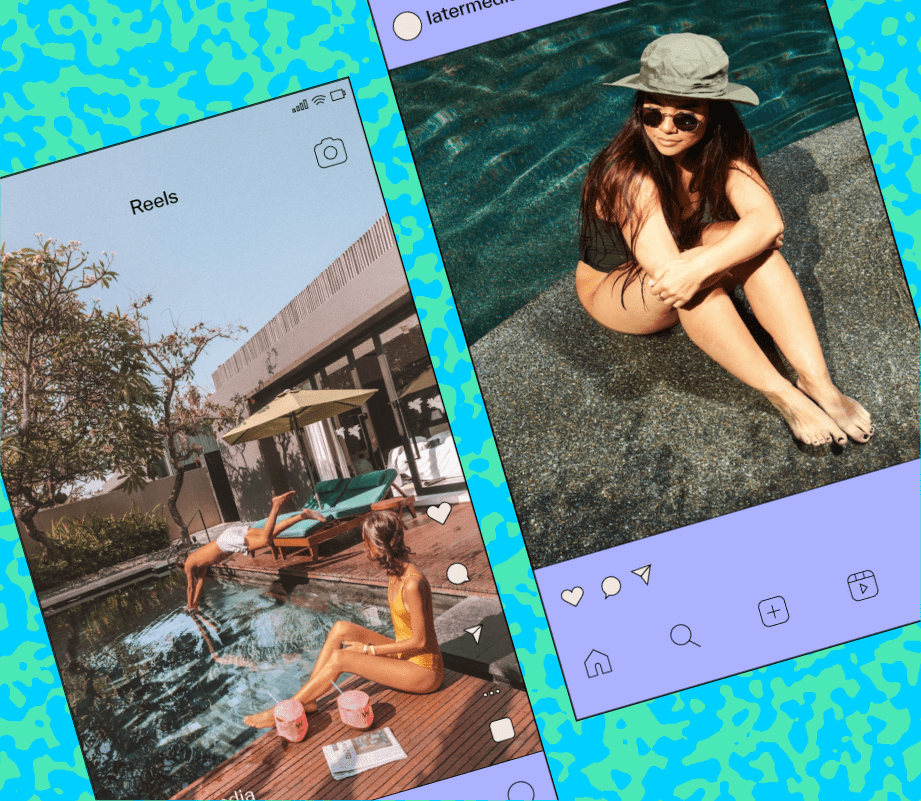Social media has revolutionized various aspects of our lives, including pop culture. From influencer culture to memes and viral content, social media has shaped trends and consumer behavior like never before. Digital activism, fandom communities, and fashion and beauty trends have all been influenced by social media platforms such as Instagram and TikTok. Music discovery and promotion, film and TV recommendations, and conversations around cultural appropriation and call-out culture have also been impacted by social media. As social media continues to evolve, its influence on pop culture will only grow, shaping the way we consume and interpret media. Understanding and critically engaging with these trends is essential to creating a more inclusive and diverse cultural landscape.
1. Introduction
Social media has become an integral part of modern society, influencing various aspects of our lives, including pop culture. With the rise of platforms like Instagram, TikTok, Twitter, and Facebook, trends now spread faster than ever before, shaping the way we consume and interpret popular culture.
2. Influencer Culture
One of the most significant impacts of social media on pop culture is the rise of influencer culture. Influencers, who are individuals with a large following on social media platforms, have the power to shape trends and consumer behavior. From fashion to beauty to travel, influencers have become key players in determining what is “cool” or “in” at any given moment.
3. Memes and Viral Content
Social media has also popularized the creation and dissemination of memes and viral content. These humorous or relatable posts can quickly go viral, spreading like wildfire across platforms and shaping the cultural zeitgeist. Memes, in particular, have become a form of communication and expression for many individuals, influencing language, humor, and pop culture references.
4. Digital Activism
Social media has given a platform for individuals to raise awareness about social issues and mobilize for change. Movements like #BlackLivesMatter, #MeToo, and #ClimateStrike have gained momentum through social media, shaping conversations and influencing popular culture. Activists and organizations now leverage social media to reach wider audiences and effect change.
5. Fandom Communities
Social media has allowed fans to connect with one another and form dedicated communities around their favorite movies, TV shows, books, and celebrities. Fandoms engage in fan art, discussions, and theories, shaping the way we consume and interpret media. These communities have a significant impact on popular culture, influencing trends and even the content creators themselves.
6. Fashion and Beauty Trends
Social media platforms like Instagram and TikTok have become hubs for fashion and beauty influencers to showcase their style and trends. From #OOTD posts to makeup tutorials, these influencers shape the way we perceive beauty and style. Brands now collaborate with influencers to reach their target audiences, driving trends and consumer behavior.
7. Music Discovery and Promotion
Social media platforms have revolutionized the music industry, allowing artists to reach audiences directly and promote their music. Platforms like SoundCloud, YouTube, and TikTok have launched the careers of many artists, while streaming services like Spotify utilize social media to curate playlists and recommendations. Music trends now spread rapidly through social media, impacting the charts and mainstream culture.
8. Film and TV Recommendations
Social media has become a primary source for film and TV recommendations, with users sharing their favorite shows and movies with their followers. Platforms like Twitter and Letterboxd have become hubs for discussion and recommendations, influencing what we choose to watch. Streaming services now leverage social media to promote their content and engage with audiences.
9. Cultural Appropriation and Call-Out Culture
Social media has brought attention to issues of cultural appropriation and call-out culture, where individuals are held accountable for problematic behavior. These conversations shape the way we perceive and consume popular culture, prompting discussions on representation, diversity, and social justice. Brands and celebrities now face scrutiny from social media users, leading to greater accountability and awareness.
10. The Future of Social Media and Pop Culture
As social media continues to evolve, so too will its impact on pop culture. New platforms, technologies, and trends will shape the way we consume and interact with popular culture. It is essential for individuals to be aware of the influence of social media on pop culture and to critically engage with the content we consume. Only by understanding and analyzing these trends can we shape a more inclusive and diverse cultural landscape.
